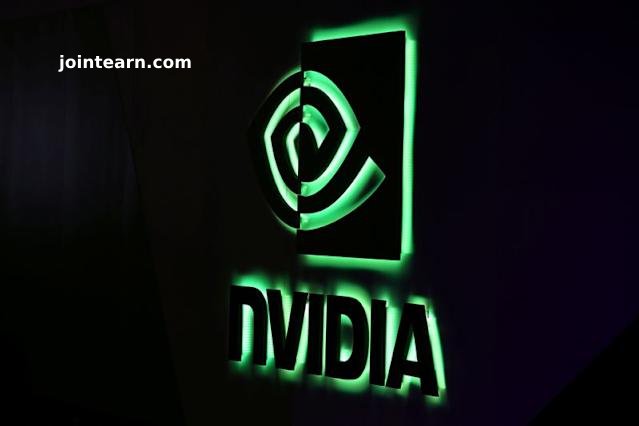SpaceX, United Launch Alliance (ULA), and Blue Origin have secured a total of $13.5 billion in U.S. Space Force rocket launch contracts, set to run through 2029. These contracts, awarded under the Pentagon’s National Security Space Launch (NSSL) program, are aimed at delivering some of the U.S. military’s most sensitive and complex satellites into space.
Key Details of the $13.5 Billion Space Launch Contracts
SpaceX emerges as the dominant winner, securing 28 missions valued at $5.9 billion, while ULA won 19 missions worth $5.3 billion, and Blue Origin was awarded seven missions, totaling $2.3 billion. These contracts are part of the NSSL’s Phase 3, specifically the “Lane 2” track, which handles the most difficult and costly space missions, requiring the expertise of only the top U.S. rocket providers.
SpaceX Takes the Lead in Military Launches
SpaceX, known for its Falcon 9 and Falcon Heavy rockets, will handle the majority of the missions for the Space Force, capitalizing on its reusable rocket technology to reduce costs. With its unmatched launch rate, SpaceX has become the world’s most active space launch provider, conducting numerous military missions in recent years.
The company’s success is also evident in its growing dominance in the NSSL program. In previous phases, SpaceX secured 40% of missions in Phase 2, with ULA taking 60%. However, delays in ULA’s Vulcan rocket development led to mission transfers to SpaceX, strengthening SpaceX’s position as the go-to provider for U.S. defense space launches.
Blue Origin’s Growing Role in National Security Space Launches
While Blue Origin’s New Glenn rocket is less experienced than SpaceX’s Falcon 9, the company has still earned seven missions through the NSSL program. Blue Origin’s success signals its potential for future growth in the national security space sector.
The Strategic Importance of These Space Launch Contracts
These contracts are vital for U.S. national security, as they provide reliable access to space for critical military and intelligence satellites. The NSSL program is one of the most competitive and lucrative space contracts in the world, and the success of SpaceX, ULA, and Blue Origin showcases the U.S. government’s commitment to partnering with top-tier private space companies.
Conclusion: SpaceX Dominates, but ULA and Blue Origin Remain Key Players
With SpaceX claiming the majority of the contracts, the company solidifies its position as a leader in the U.S. space launch industry. However, ULA’s Vulcan rocket and Blue Origin’s New Glenn are poised to play crucial roles in upcoming missions. As these companies continue to innovate and compete, they will shape the future of space exploration and defense.
This strategic alliance between private space companies and the U.S. government signals the increasing importance of the commercial space sector in national defense.











